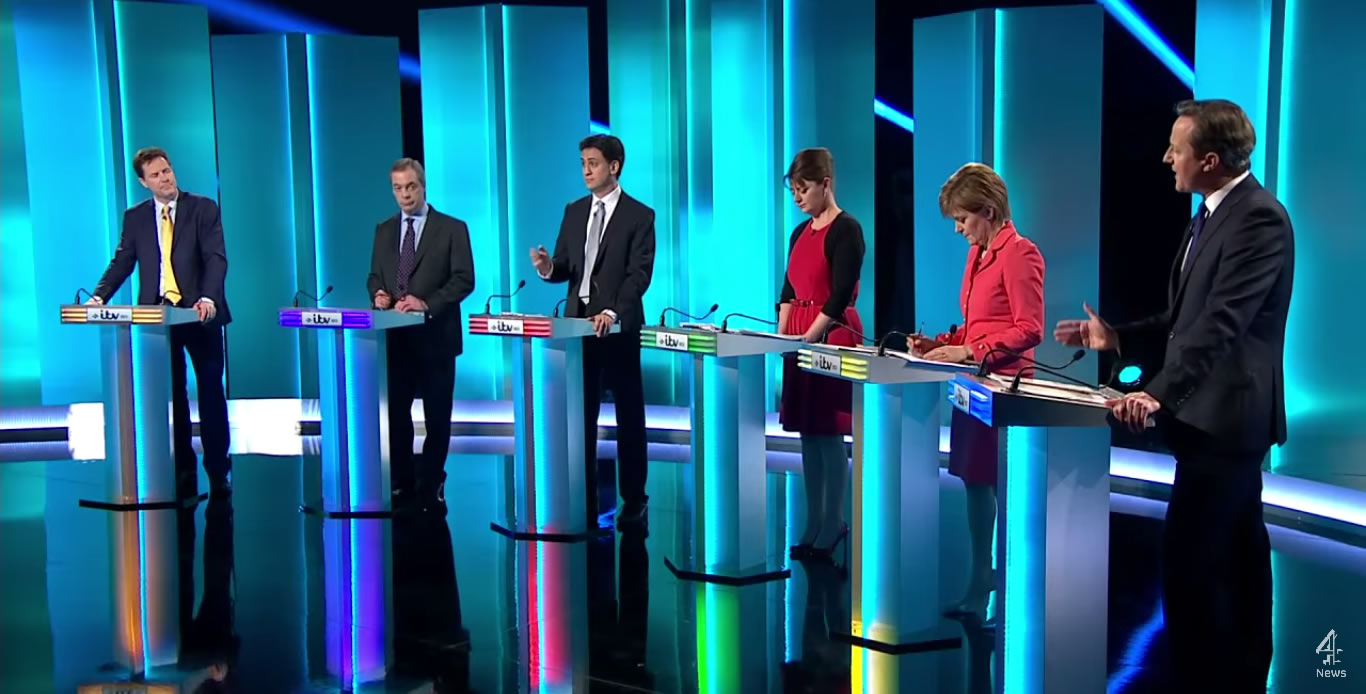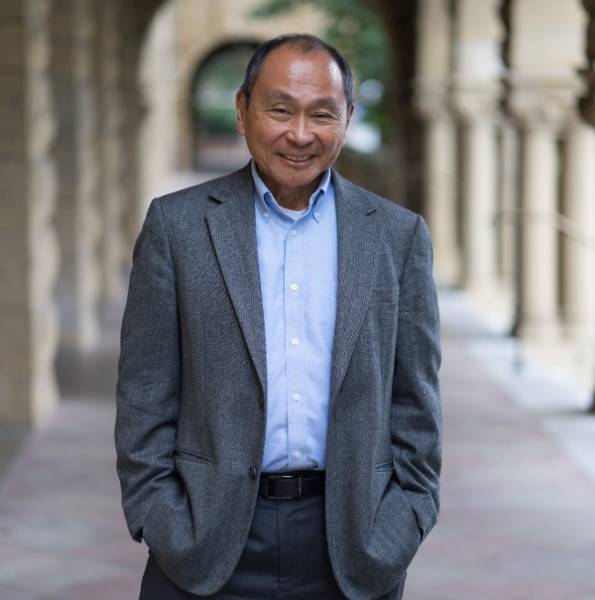
This article is a preview from the Spring 2015 edition of New Humanist. You can find out more and subscribe here.
Memory, mourning, Miles. These things were, of course, all present at the memorial for Stuart Hall held at the end of last year. The trumpet that spoke to Hall when he was very young – “Miles Davis put his finger on my soul.”
That trumpet sound, so full of melancholia, is also something majestic. I heard it too and I could hear it in Hall’s own rich speaking voice. There was something remarkable in his cadence when he talked of a nostalgia for what can not be. Kind of Blue.
Looking round at the great and good gathered in Friends House in London, I saw fragments of a huge life. Many artists were there, from Jeremy Deller to Isaac Julian and Yinka Shonibare. There were people from the Open University, colleagues who had come from Canada and Italy. There were old Marxists and young psychoanalysts. African intellectuals. English historians. Difficult feminists. Angela Davis, straight-backed and magnificent. The diaspora of dissent – different kinds of dissent, perhaps. David Lammy MP made a speech, and it was good and kind, and yet this gathering in many ways made me sad for what “politics” has come to mean.
There is no place for Hall in the PPE Oxbridge vision that has become dominant. He lies now in Highgate, near Karl Marx, near Eric Hobsbawm and Ralph Miliband. As that generation goes, what strikes me is how we inhabit a smaller world. Despite globalisation, austerity and “the cuts” seem to have meant cutting down culture, cutting down ideas, cutting off thinking, in favour only of the pretend balancing of the books.
The sense that politics and culture are intertwined and that ultimately we search to create the conditions for human freedom, that a good life is a life that is full in every possible way, has been trampled underfoot by electoral politics. Hall, wrongly understood as a populist, was interested in popular culture because it is the site of contestation and commodification.
For the left to which Hall belonged, to win the cultural war is not some consolation prize. It is essential. As the political class pulls away from ordinary people and spirals into ever smaller circles, it ceases to communicate. The much valued hinterland cannot be faked. Indeed, when we discover a politico with a hint of one, we beg him to lead us – just look at the praise heaped on Labour’s Alan Johnson, for instance.
Right now, of course, we are focused on state power but what a thinker like Hall reminds us is that we have in fact been transformed by revolutions that did not succeed. The students did not win in 1968. What changed is how we live day-to-day, because of feminism, gay rights and collectivism.
Right now, we are at what Hall would have called a conjuncture, where a set of circumstances come together that may precipitate change. The coming election is part but not all of this. All sorts of narratives are in play. Europe, immigration, nationalism, alternatives to austerity. Some Labour thinkers, such as Jon Cruddas, have talked about values, about love, about reciprocity.
Such talk, though, is rare among the technocrats. The shrinking of the political sphere to an obscure interest, the wholesale decline of the two-party system, the commonly held belief that all politicians are the same, the idea that the politics of identity is over, is precisely to do with a failure to engage fully with culture. The nearest we get is some hapless male politician telling us he likes Robbie Williams. This is not about a preference for high or low culture, or an argument about arts funding. No, we need to understand that for the left to feel vibrant, its political expression needs to match its cultural one.
Put simply, we really do have the best tunes, so why are we not in a better position? Why does the left feel so inert? Why was a thinker like Hall appreciated more by artists than by politicians? What about the forces that shape us that electoral politics continues to ignore? What gives?
The media-Westminster nexus that governs us is old in every way. It appeals to the older voter and to the old way of doing things. We need something new. I think of Hall quoting Gramsci: “The crisis consists precisely in the fact that the old is dying and the new cannot be born.”
Something will be born. I hope it is a politics that dares to talk of freedom, of love, of beauty, of humanity – a social vision, in which the political includes the things that move us as much as Miles Davis moved this great man.

